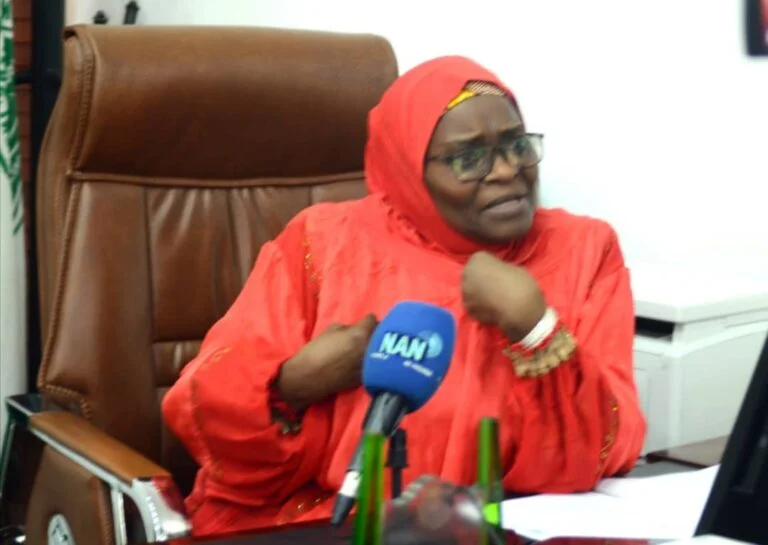The National Teachers’ Institute (NTI) has announced plans to establish study centres in all 774 local government areas (LGAs) across Nigeria. This initiative aims to improve access to teacher training and professional development, according to the institute’s Director and Chief Executive, Prof. Sadiya Sani-Daura.
Sani-Daura disclosed this in an exclusive interview in Kaduna, as part of activities marking the second anniversary of President Bola Ahmed Tinubu’s administration.
“These study centres will be fully equipped and adequately staffed to ensure they function effectively,” she said. “This move is part of our deliberate efforts to make NTI more accessible to Nigerians, regardless of where they live.”
She explained that the planned centres would build on the success of the existing state-of-the-art zonal and state offices. “We will leverage the existing infrastructure to ensure the new centres across the LGAs are sustainable and impactful.”
Prof. Sani-Daura emphasized NTI’s commitment to building the capacity of Nigerian teachers and ensuring they stay up to date with evolving global standards in education.
“Every teacher can—and must—upgrade their capacity. At NTI, we are committed to making this possible in the shortest time,” she said. “The world is rapidly evolving, with new technologies and teaching methods emerging. Nigerian teachers must catch up and stay in tune with global best practices.”
The NTI Director also reiterated her vision to transform the institute into a world-class teacher training centre in line with its statutory mandate. As part of this goal, NTI has commenced the award of academic qualifications, including degrees, Postgraduate Diplomas, and Advanced Diplomas in Education.
“These programmes are offered in affiliation with reputable institutions such as Ahmadu Bello University, Zaria; Usmanu Danfodiyo University, Sokoto; University of Maiduguri; and Nnamdi Azikiwe University, among others,” she said.
Prof. Sani-Daura underscored the importance of education in addressing Nigeria’s socio-economic challenges.
“Education remains central to finding sustainable solutions to the pressing issues confronting our country—from insecurity to poverty and youth restiveness. With adequate investment and attention, education can unlock the full potential of Nigeria.”


